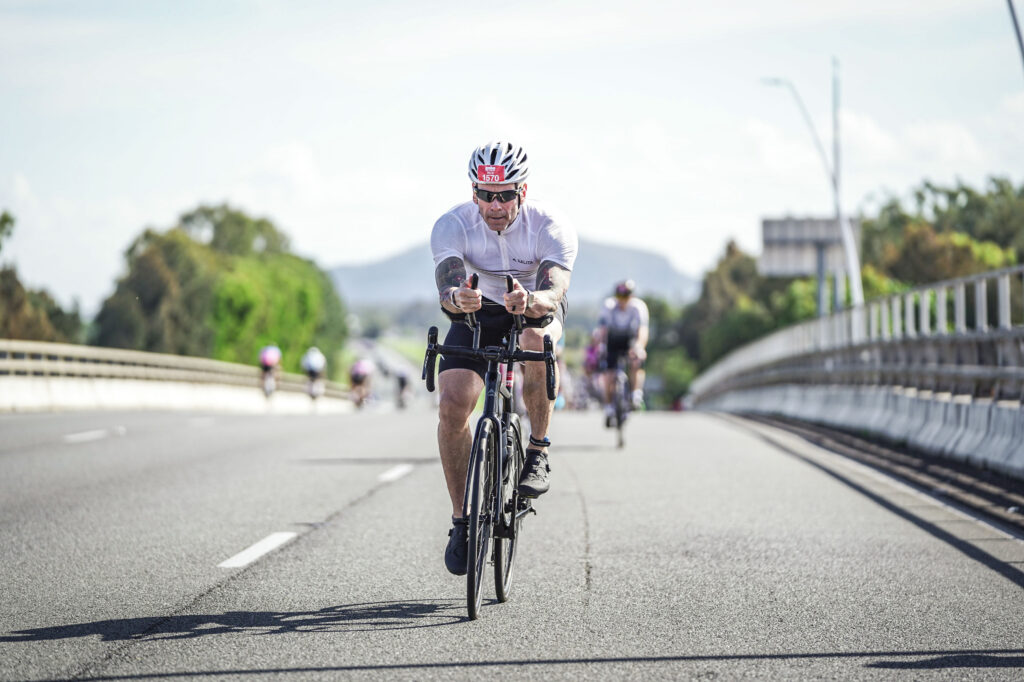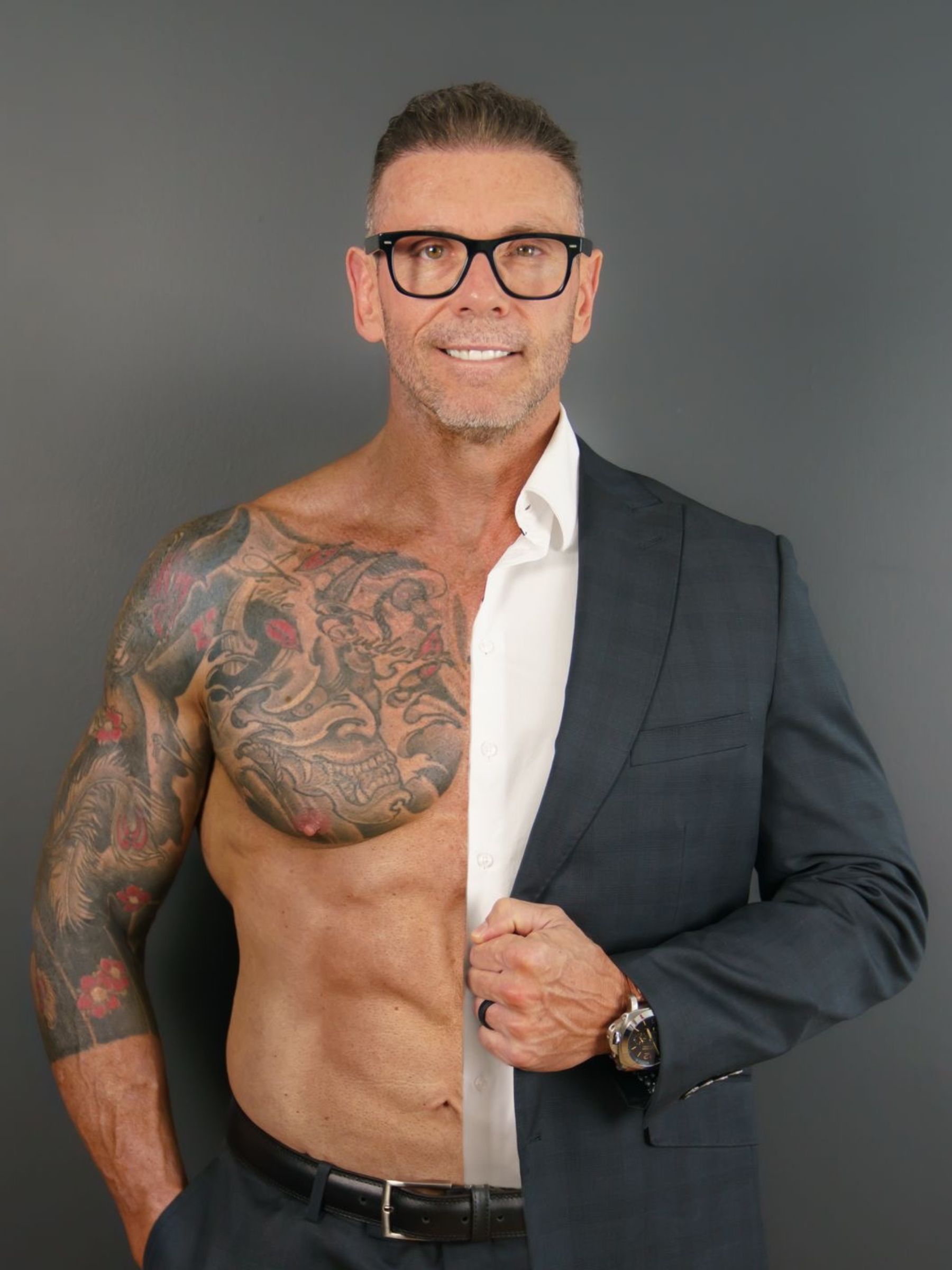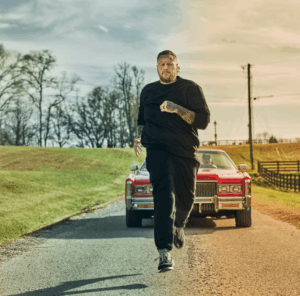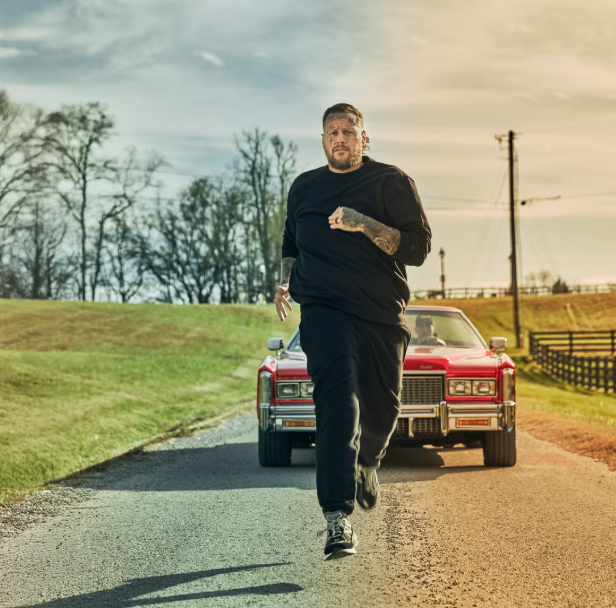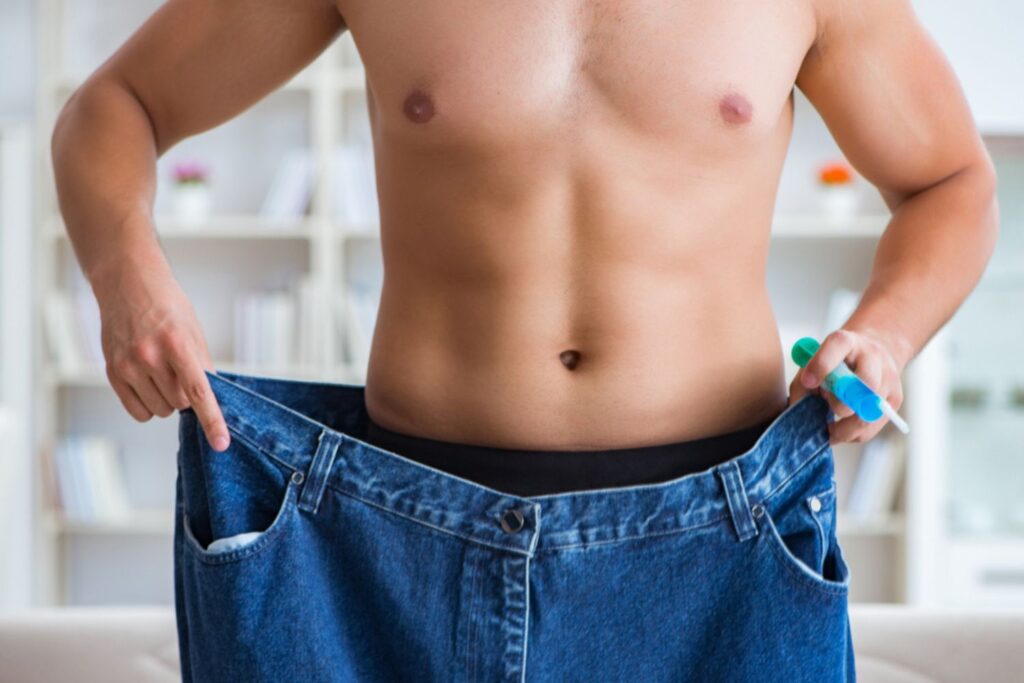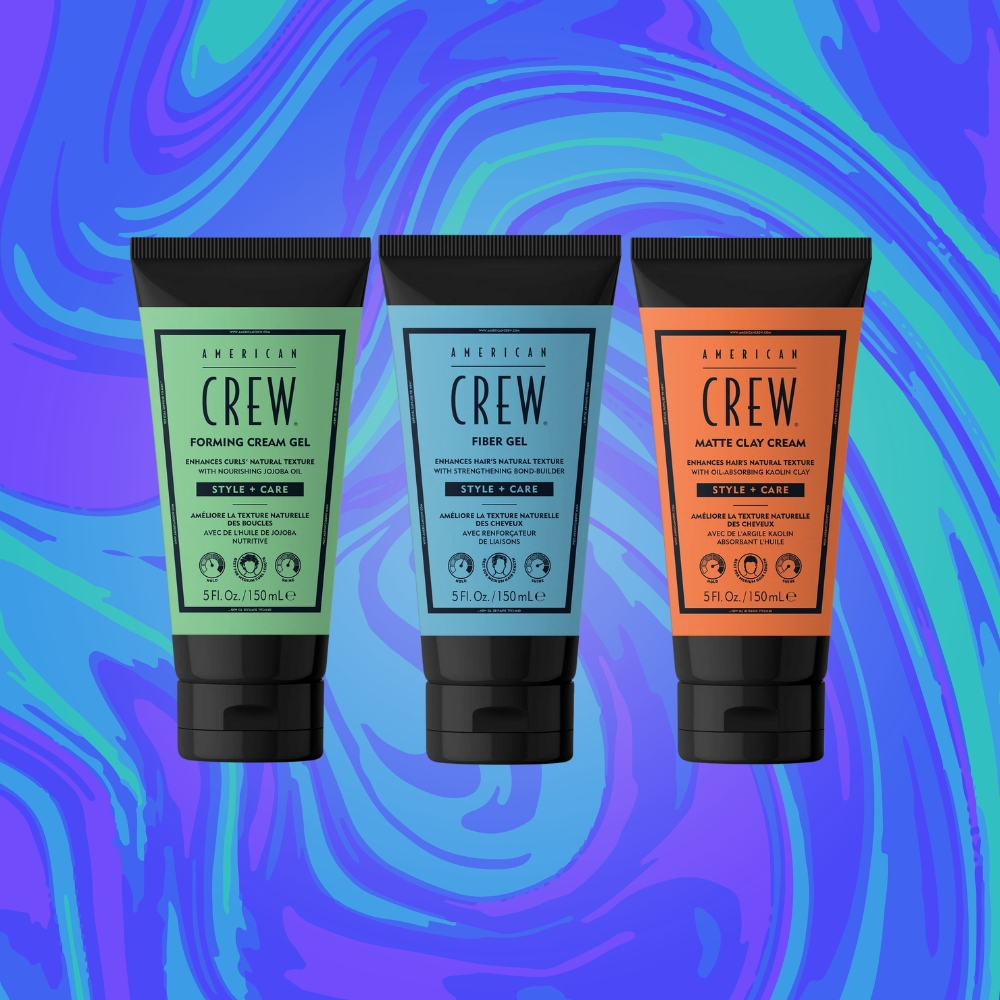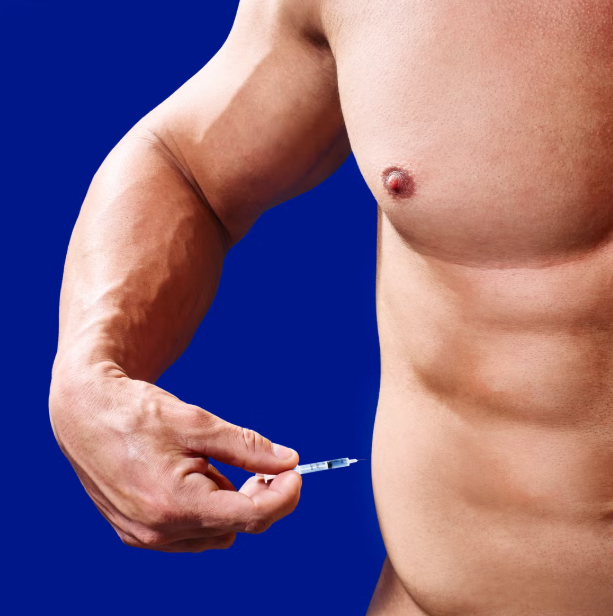THIS YEAR, I faced something I never thought would happen to me: two heart attacks in just a few hours. Six months later, I crossed the finish line of an Ironman 70.3.
But this article isn’t just about what happened to me. It’s about the science, mindset and daily habits that helped me recover, and what you can do to protect your health and come back stronger.
The wake-up call
It started like any other day. I had just finished a swim and was driving to work when it hit me: crushing pressure in my chest, numbness in my arm, my face dropping in the mirror. I knew instantly I was having a heart attack.
At the hospital they found a 99% blockage. A stent was placed, but I have a blood clot condition, which has had me on blood thinners for a long period of time, it clotted almost immediately. I was rushed back for two more stents. My cardiologist told me plainly that if I hadn’t been in hospital, I wouldn’t have survived.
A week later, I was back with myocarditis. Recovery meant eight weeks of near total rest, a nightmare for someone who likes to train as much as I do. But it gave me perspective. While I have had my health challenges in the past, no one is immune. Not even a coach who has prioritsed wellness for most of his life.
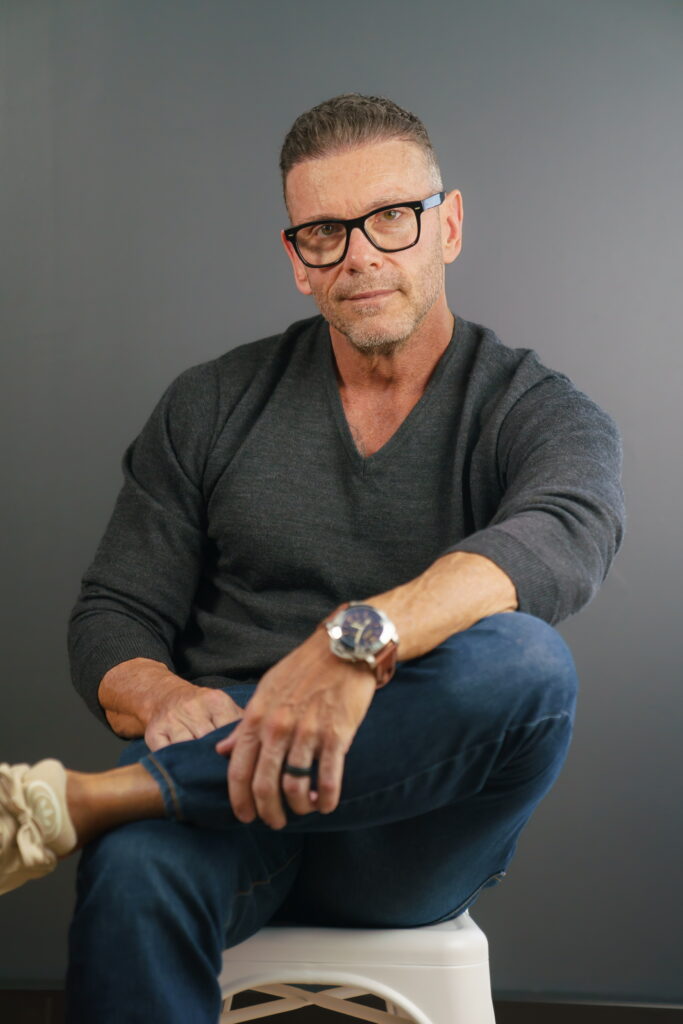
Understanding the genetic factor
I have a condition called lipoprotein(a), which is hereditary. It’s not something you can fix simply through changing your lifestyle. Lipoprotein(a) is a sticky particle in the body that increases the risk of clots and heart disease. Some people live healthy lives and never know they have it until it shows up as a heart attack.
That’s why early detection is everything. I tell my clients to get blood work done regularly. Don’t just check cholesterol. Ask for advanced lipid panels. Know your numbers. When you know better you can do better.
Lifestyle still matters, even with genetics. Think of it this way: genetics hands you the map, complete with some potential roadblocks, but lifestyle plants you firmly in the driver’s seat. You can’t control the map you’re given, but you can control how you navigate it.
I’ve cut alcohol because of its inflammatory impact on the body. I’ve removed red meat for the same reason and I have focused on whole foods, and stayed consistent with my prescribed medication. My goal is to lower inflammation, support my cardiovascular system, and control every factor I can.
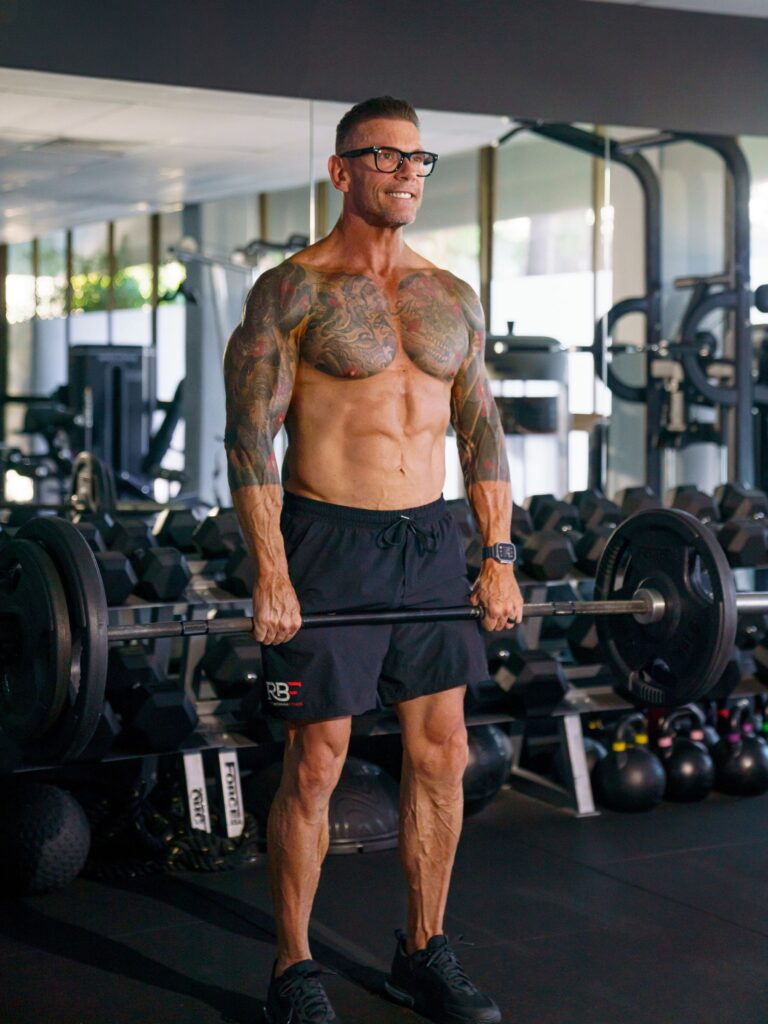
Coming back stronger
At four weeks post-heart attack, I could barely walk to the end of my street. That was my starting point. I kept at it until I was able to rebuild. At eight weeks, I was finally cleared to train again. That’s when I set the goal of running an Ironman 70.3 in September, which gave me eleven weeks to prepare.
I wasn’t an avid swimmer, cyclist, or distance runner. But that was the point. I needed a challenge that forced me to grow. Our bodies and minds adapt under pressure, but only when we choose to step into it.
Training was as mental as it was physical. It meant facing the prospect of another heart attack, pushing through doubt, and showing up every single day, even when I didn’t feel great, although I did listen to my body. I didn’t push as hard on the days I couldn’t. But I still showed up.
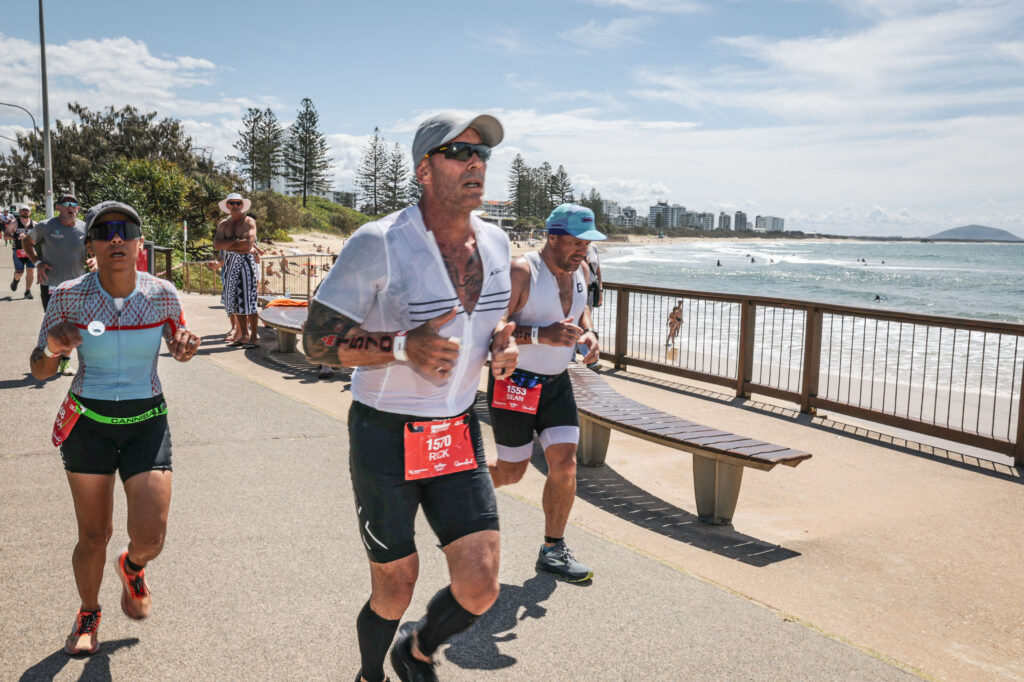
The bigger lesson
Crossing that finish line was incredible, but my key takeaways are:
Early detection saves lives
Get your blood work done, do all of your necessary medical checks. Don’t wait if you feel like something could be wrong.
Lifestyle is medicine
Nutrition, sleep, and movement are essential (strength training and cardio). While there are some health complications that will happen no matter what, being strong and healthy physically and mentally will be a good factor when it comes to recovery.
Resilience is built in discomfort
Growth happens when things get hard.
Your “why” matters
Mine was proving I could bounce back again. Yours might be your family? Your health? Whatever it is that matters to you.
The Ironman wasn’t just about endurance. It was proof that even with genetic risk and setbacks, you can rebuild.
I had two heart attacks this year. Six months later, I finished an Ironman. Don’t wait for a crisis to change your life. Take ownership of your health now. The finish lines you can cross, in fitness and in life, are limitless.
